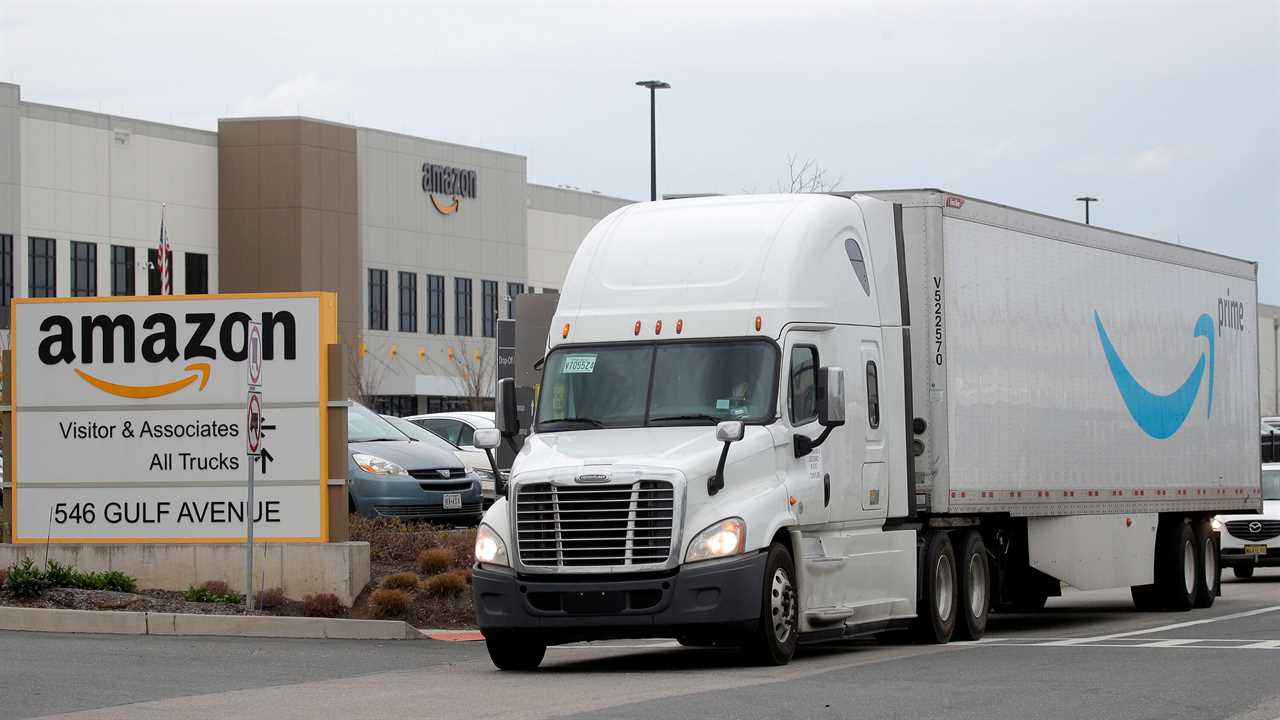
New York’s attorney general, Letitia James, sued Amazon on Tuesday evening, arguing that the company provided inadequate safety protection for workers in New York City during the pandemic and retaliated against employees who raised concerns over the conditions.
The case focuses on two Amazon facilities: a large warehouse on Staten Island and a delivery depot in Queens. Ms. James argues that Amazon failed to properly clean its buildings, conducted inadequate contact tracing for known Covid-19 cases, and “took swift retaliatory action” to silence complaints from workers.
“Amazon’s extreme profits and exponential growth rate came at the expense of the lives, health and safety of its frontline workers,” Ms. James argued in the complaint, filed in New York Supreme Court.
Kelly Nantel, a spokeswoman for Amazon, said the company cared “deeply about the health and safety” of its workers.
“We don’t believe the attorney general’s filing presents an accurate picture of Amazon’s industry-leading response to the pandemic,” Ms. Nantel said.
Last week, Amazon preemptively sued Ms. James in federal court in an attempt to stop her from bringing the charges. The company argued that workplace safety was a matter of federal, not state, law.
Latest Updates
- Tech executive apologizes amid an outbreak after hosting an indoor conference.
- The White House announced vaccine supply has jumped to 13.5 million doses per week.
- In New Hampshire, Democratic lawmakers sue to fight the G.O.P.’s insistence on indoor, in-person meetings.
In its 64-page complaint last week, Amazon said its safety measures “far exceed what is required under the law.” It cited a surprise inspection by the New York City Sheriff’s Office that found Amazon “appeared to go above and beyond the current compliance requirements.” The company also detailed other safety measures it had taken, including temperature checks and offering free Covid-19 testing on site.
New York, in its suit, said Amazon received written notification of at least 250 employees at the Staten Island warehouse who had Covid-19. In more than 90 of those cases, the infected employee had been at work in the previous week, yet Amazon did not close portions of the building to provide proper ventilation as the state required, the filing said.
Ms. James said that until at least late June, Amazon did not interview infected workers to determine their close contacts and instead relied on reviewing surveillance footage, which could take three days and did not cover the entire warehouse. The lack of interviews “created a very time-consuming process which did not identify close contacts in a timely fashion,” the complaint said.
She also argued that Amazon retaliated against Christian Smalls, a worker the company fired in the spring. Mr. Smalls had been raising safety concerns with managers and led a public protest in the parking lot of the Staten Island facility.






